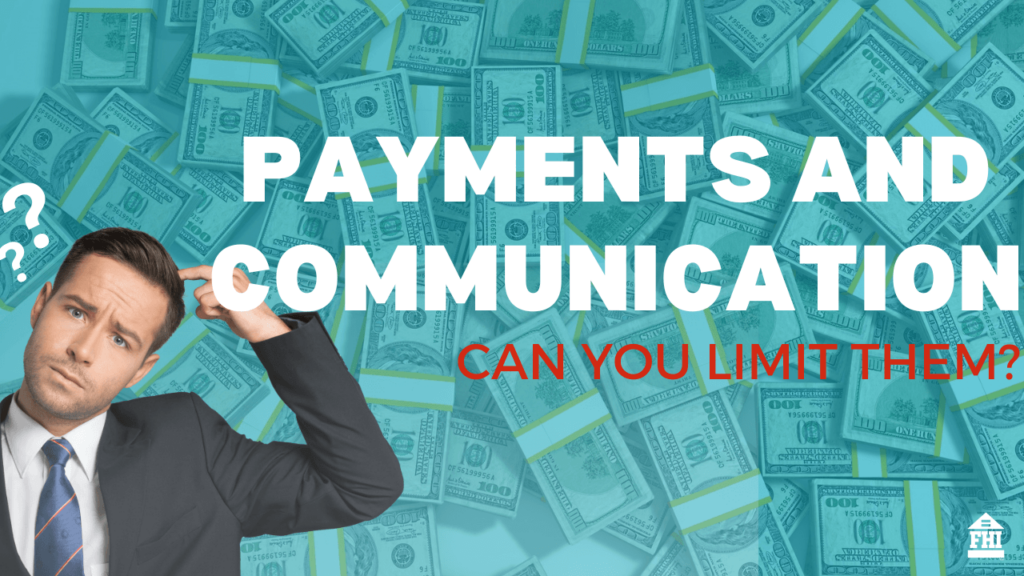In the ever-evolving landscape of the property management industry, ensuring adherence to fair housing principles is paramount. As landlords and property managers navigate the challenges and responsibilities of their roles, understanding the importance of equitable practices is essential. One area garnering increasing attention is the choice and limitation of communication and payment methods. Let’s delve deeper into how communication preferences and payment methods can intersect with the principles of fair housing and the implications for property managers.
Estimated reading time: 3 minutes

Table of contents
Is there a fair housing issue with restricting how a resident communicates?
From a customer service standpoint, you want to offer as many avenues of communication as possible. However, from a fair housing standpoint, you need to account for the fact that there may be a disability involved. If that is the case, the resident has the right to ask for a reasonable accommodation to accommodate whichever type of communication fits their needs.
Should the staff person have handled this conversation differently?
In our scenario, we saw a staff member politely but arbitrarily state their property’s communication policy. They forgot to take into account that the resident could potentially be disabled. They didn’t stop to open a dialogue to ascertain this, which is never a best practice.
What about making payments? Can you dictate and restrict how a resident makes rent payments?
Again, from a customer service standpoint, the more options, the better, especially when it comes to getting paid. As with other forms of communication, an exception should be made for any procedure a housing provider requires for payment of rent if a resident has a disability-related reason for the exception.
Embracing the tenets of fair housing is not merely a matter of legal compliance but is foundational for building trust and ensuring equitable treatment for all tenants. As we’ve explored, even seemingly innocuous decisions about communication and payment methods can have far-reaching impacts. Property managers should remain vigilant, consistently reviewing and updating their systems and processes to be inclusive and non-discriminatory. In doing so, we don’t just adhere to the spirit and letter of the law, but we also nurture a community built on fairness, respect, and equal opportunity for all.
You May Also Like:
